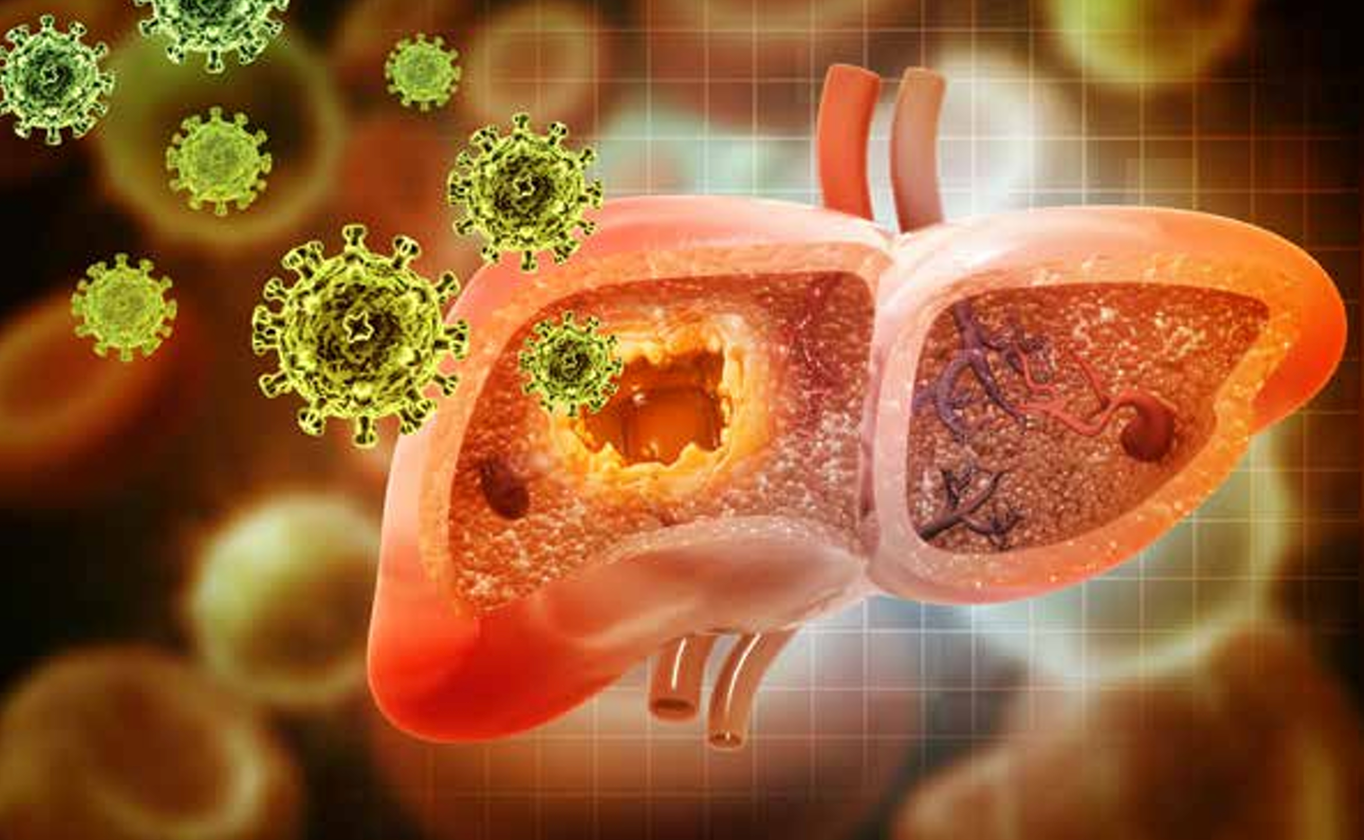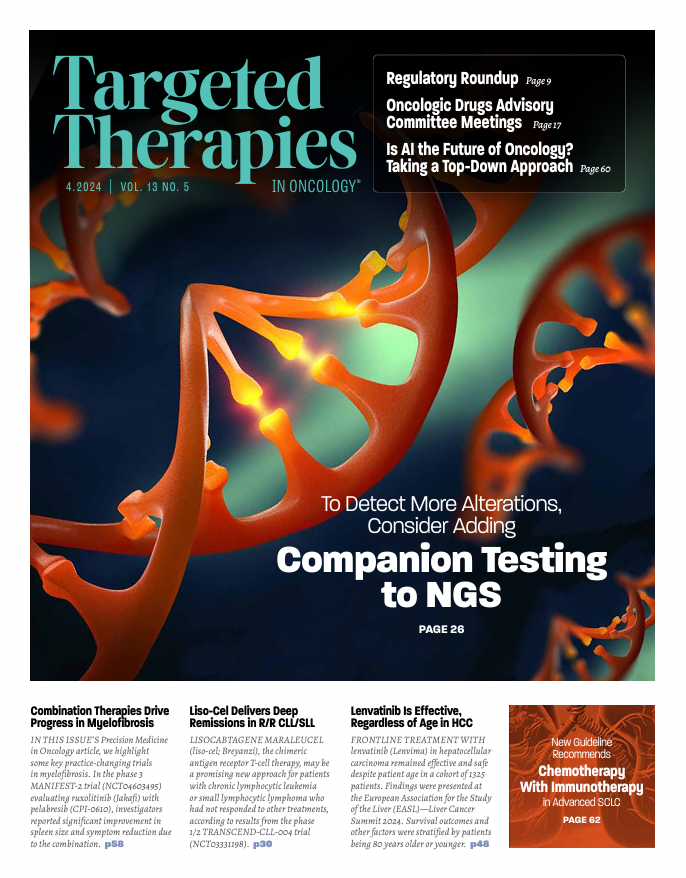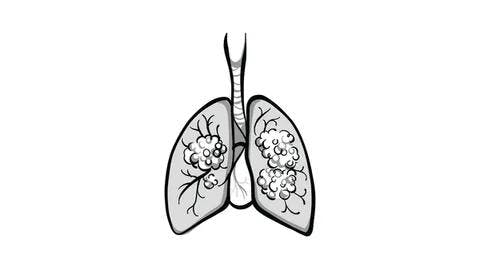Addressing irAEs Limits Interruption or Discontinuation in HCC
In a retrospective study in patients with hepatocellular carcinoma, 40% of patients developed irAEs after receiving the first and second doses of immunotherapy.
A retrospective study to delineate the profile of immune-related adverse events (irAEs) and their association with first-line immunotherapy in patients with hepatocellular carcinoma (HCC) revealed that 40% of patients developed irAEs after receiving the first and second doses of immunotherapy, according to findings presented during the European Association for the Study of Liver (EASL) Liver Cancer Summit 2024.1
Marta Fortuny, MD, and coinvestigators reported in a poster that 147 patients were treated with either immunotherapy (74.1%) or a tyrosine kinase inhibitor (TKI; 25.9%) and evaluated between March 2017 and October 2023.
In the immunotherapy group, patients received atezolizumab (Tecentriq) and bevacizumab (Avastin; 76.1%), tremelimumab (Imjudo) and durvalumab (Imfinzi; 21.2%), or durvalumab alone (2.8%). In the group receiving a TKI, patients received either sorafenib (Nexavar; 73.7%) or lenvatinib (Lenvima; 26.3%).
Illustration of liver with cancer cells

Researchers noted that 11% of the patients discontinued immunotherapy because of irAEs, with 7.3% developing myocarditis or encephalitis. A number of factors determined immunotherapy noneligibility, including comorbidities (26.8%), autoimmune disease (23.7%), liver dysfunction (3.6%), ECOG performance status 1 or 2 (5.3%), and patient’s decision (2.6%).
The majority of patients (85.3%) were male, were a median age of 67 years (IQR, 61-74 years), and had Barcelona Clinic Liver Cancer stage A (3%), B, (49%) and C (57%). In addition, 53.2% of patients had hypertension and 39.4% had diabetes. HCC was attributed to alcohol (30.3%), hepatitis C (26.6%), metabolic dysfunction–associated fatty liver disease (13.8%), and naive hepatitis C (13.8%).
After a median follow-up of 8.5 months (range, 4.6-16.6 months), irAEs after the first infusion included proteinuria (7 patients), hepatitis (5 patients), diarrhea/colitis (5 patients), hypertension (4 patients), encephalitis (4 patients), and myocarditis (4 patients). Overall, 40% of irAEs occurred after the first or second doses of immunotherapy. In total, 82 irAEs were observed and 50% of patients interrupted immunotherapy and 11% discontinued because of an irAE. Three patients (5.5%) died because of an irAE.
After immunotherapy and at a median survival of 8.9 months (range, 4.2-18.2 months), 53% of patients discontinued immunotherapy and 47% remained under treatment. A total of 31.2% patients died attributed to disease progression (79.4%), other causes (11.8%), and adverse events (8.8%).
The causes for discontinuation included symptomatic progression (20.2%), radiological progression (14.7%), intolerance (13.8%), second neoplasia (2.8%), patient’s decision (0.9%), and nonrelated death (0.9%). Second-line therapy options for the 29% of patients who discontinued immunotherapy included enrollment in a clinical trial (53%), sorafenib (35%), lenvatinib (6%), or radioembolization (6%).
The investigators wrote that the data emphasized the importance of establishing hospital networks for early detection and to ensure timely access to experienced medical specialists for the management of irAEs.
In another study2 evaluating the association between irAE development and survival in patients with HCC treated with atezolizumab and bevacizumab, Taito Fukushima, MD, and colleagues noted that the development of irAEs was associated with increased survival. Further, grade 1 and 2 irAEs were strongly correlated with progression-free survival (PFS) and overall survival (OS).
A total of 150 patients with unresectable HCC received the combination between October 1, 2020, and October 30, 2021, and 32 patients developed irAEs of any grade. The median PFS in the irAE and non-irAE groups was 273 and 189 days, respectively (P = .055). The median OS in the irAE and non-irAE groups was not reached and 458 days, respectively (P = .036).
REFERENCES :
1. Fortuny M, Garcia-Calonge M, Arrabal O, et al. Profile of immune-related adverse events and treatment outcomes in first-line immunotherapy for hepatocellular carcinoma. Presented at: European Association for the Study of the Liver: Liver Cancer Summit 2024, February 22-24, 2024; Rotterdam, the Netherlands. Accessed March 5, 2024. https://tinyurl.com/m638dppe
2. Fukushima T, Morimoto M, Kobayashi S, et al. Association between immune-related adverse events and survival in patients with hepatocellular carcinoma treated with atezolizumab plus bevacizumab. Oncologist. 2023;28(7):e526-e533. doi:10.1093/oncolo/oyad090












